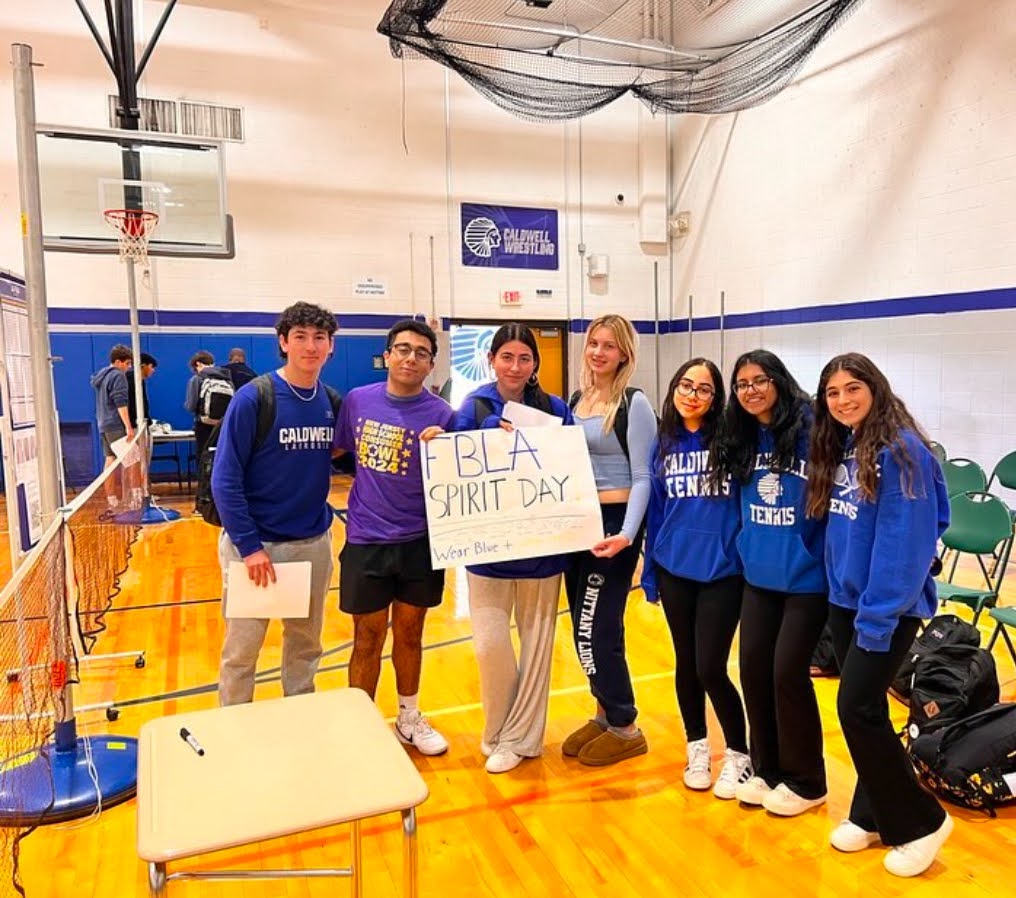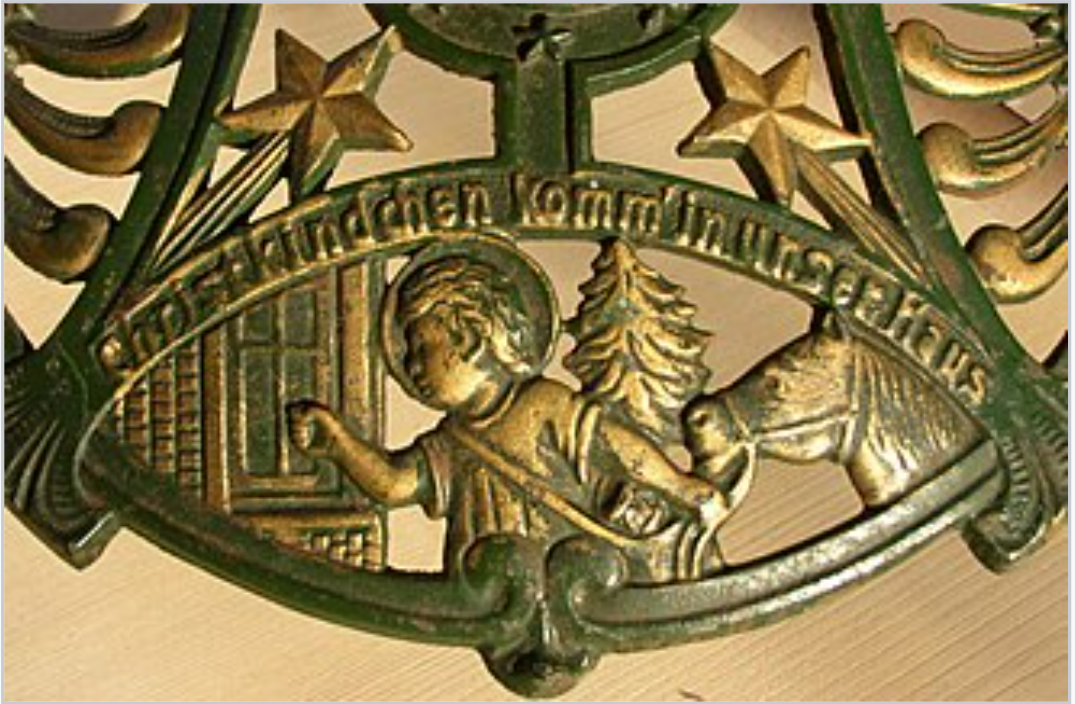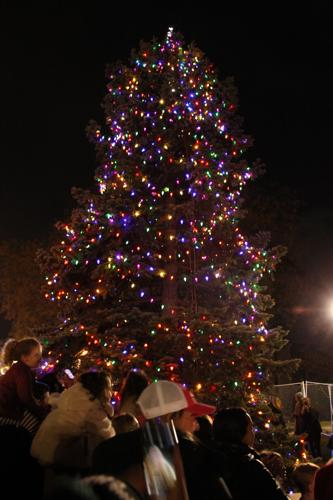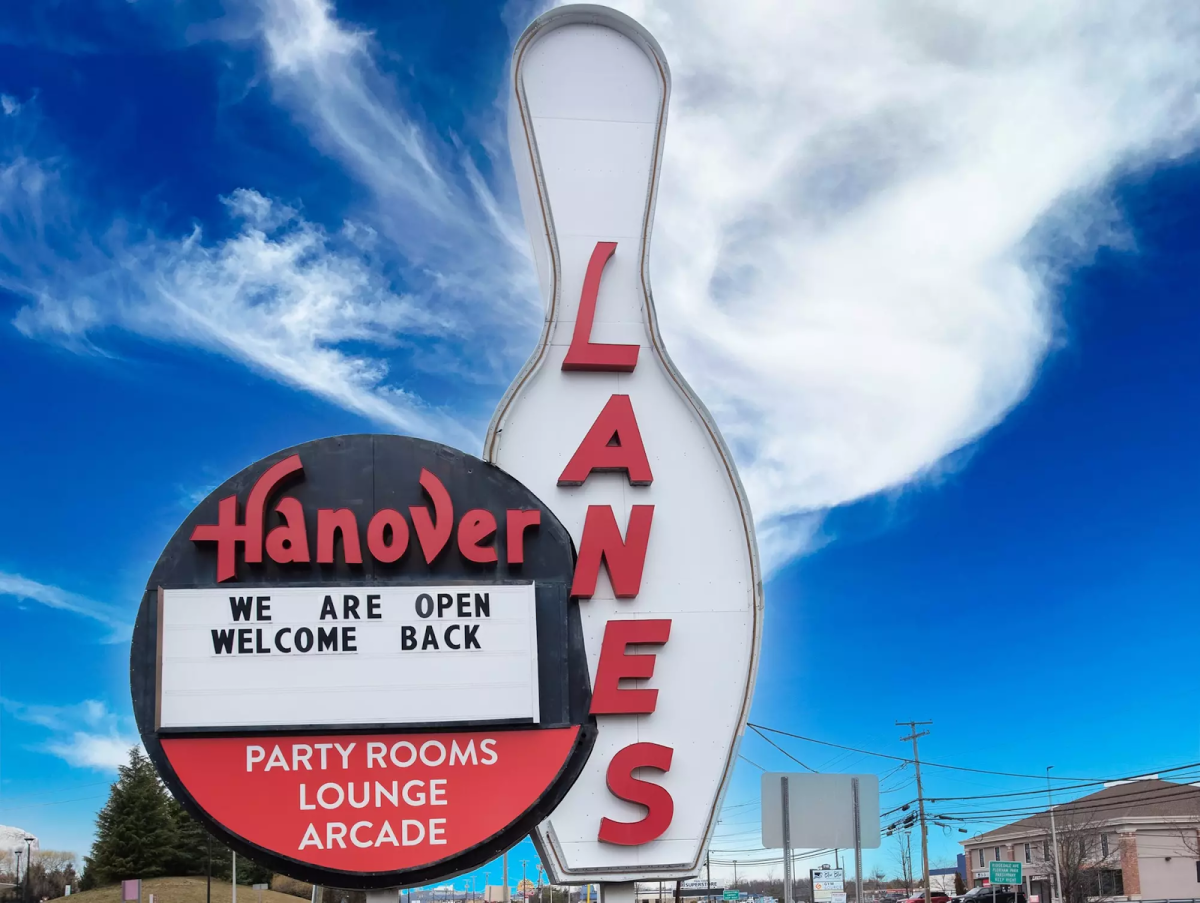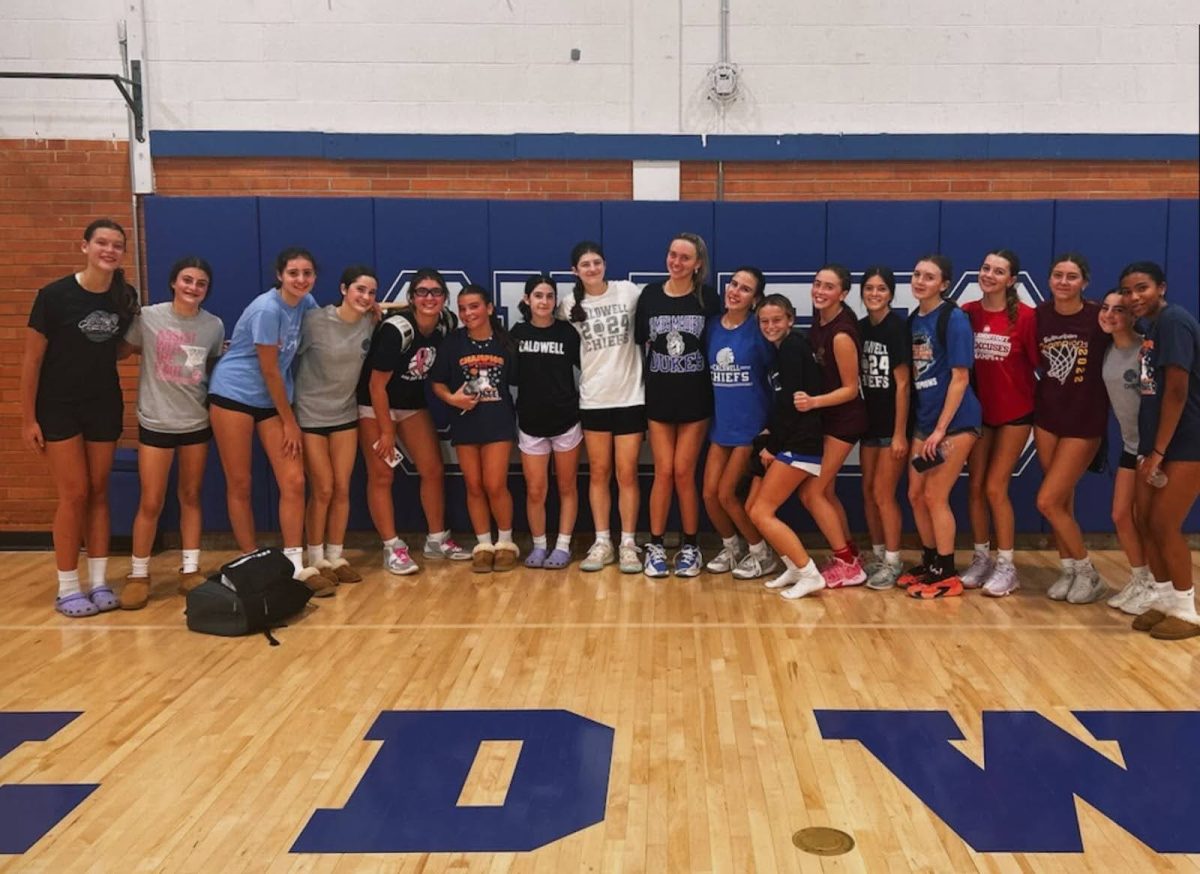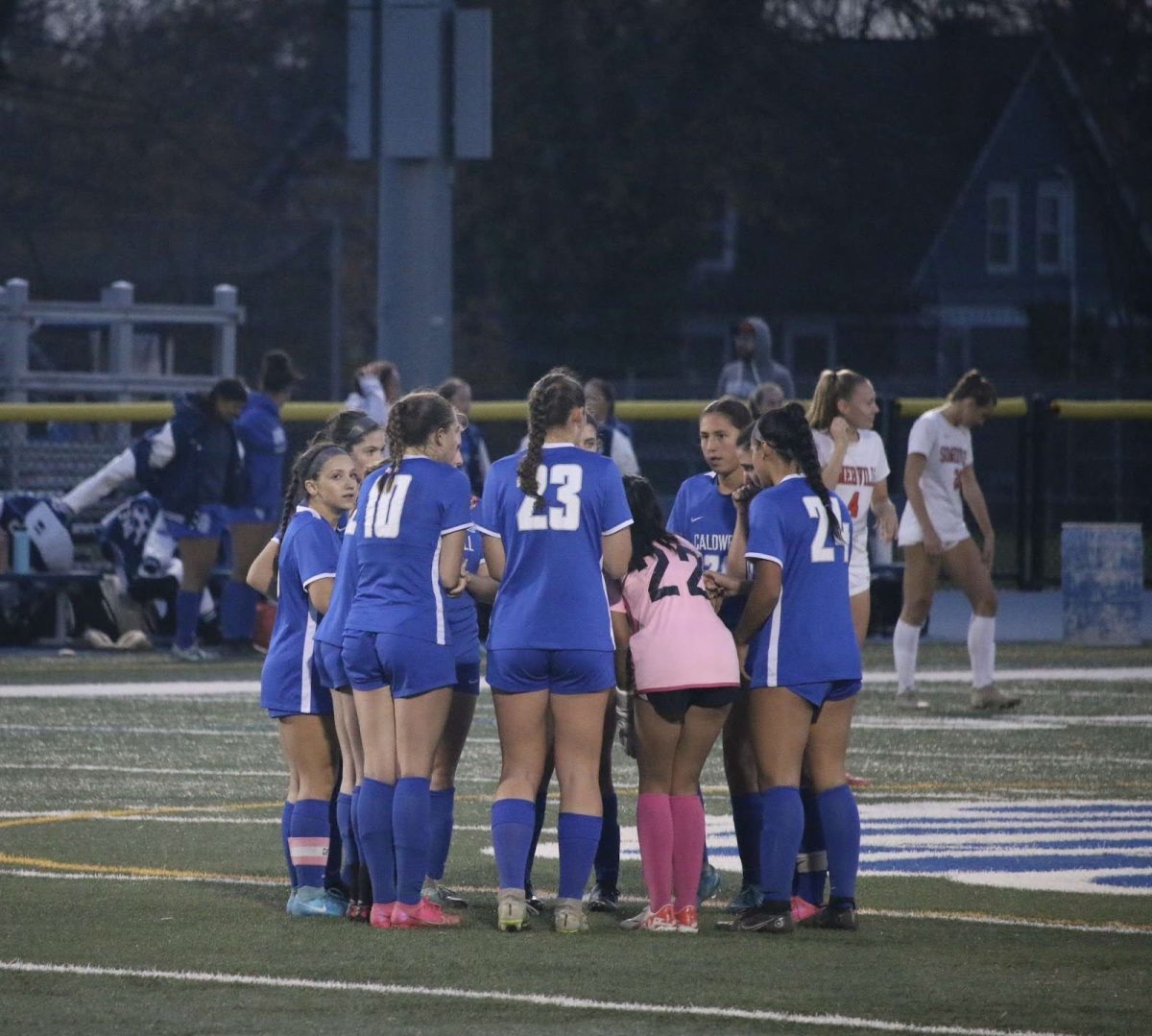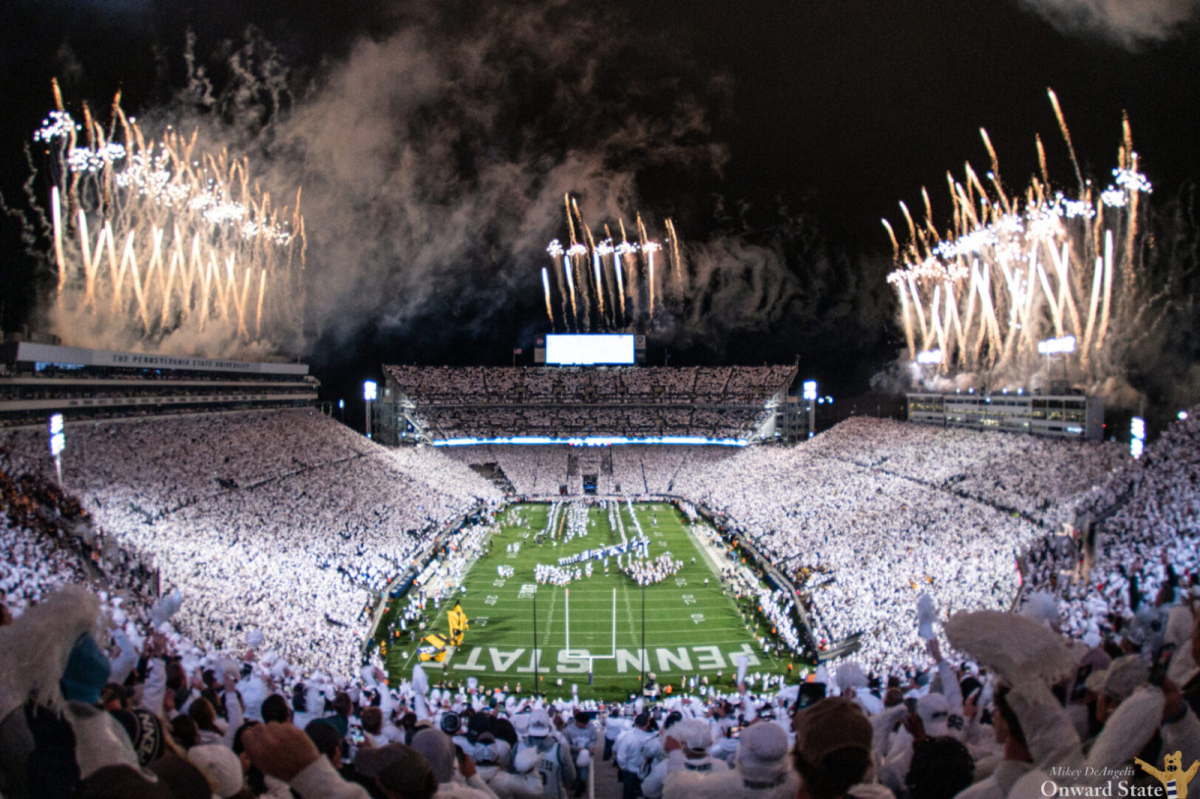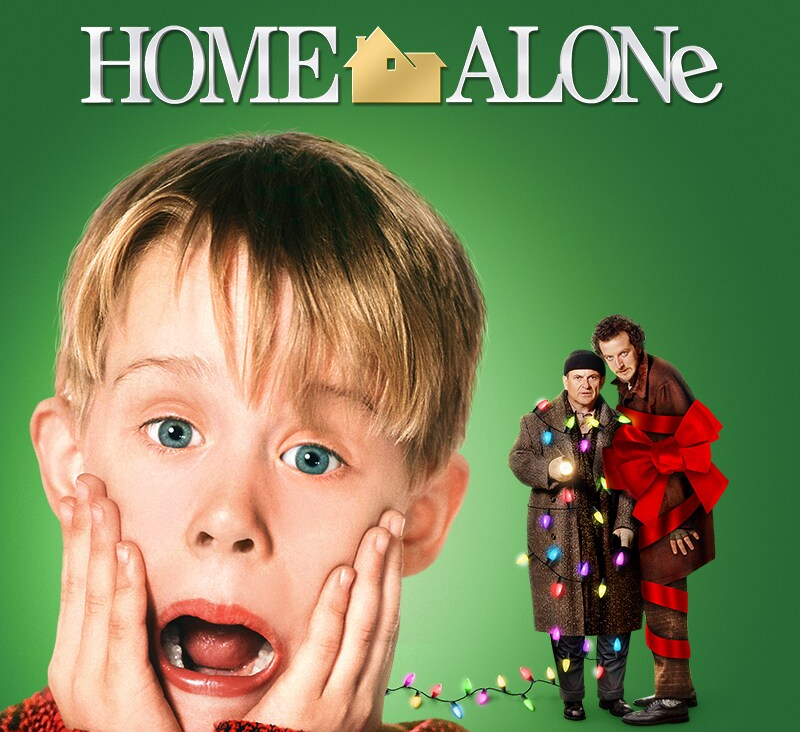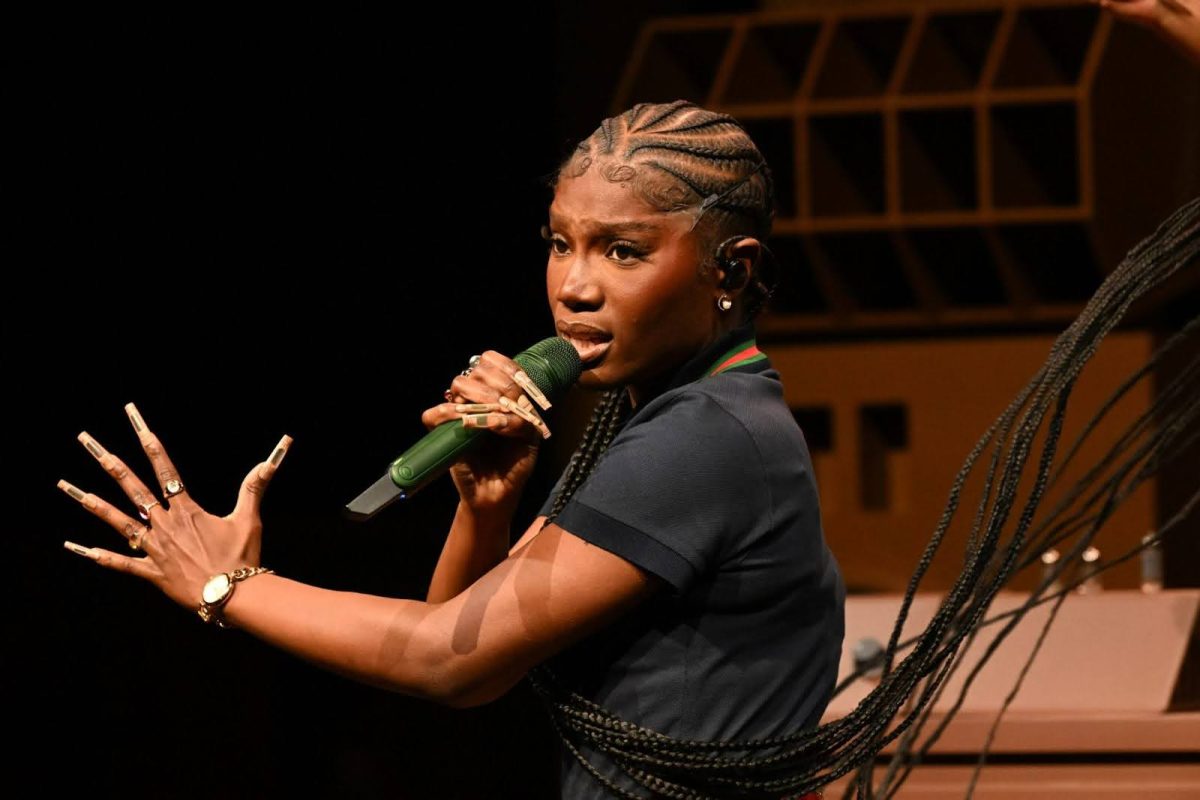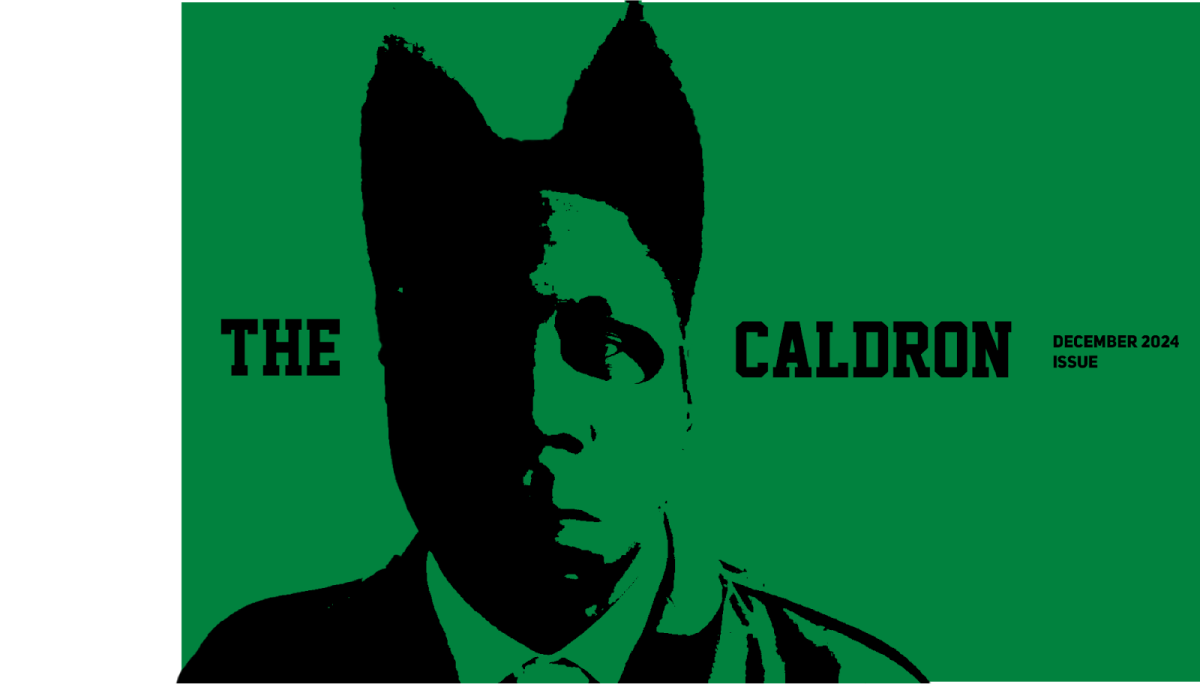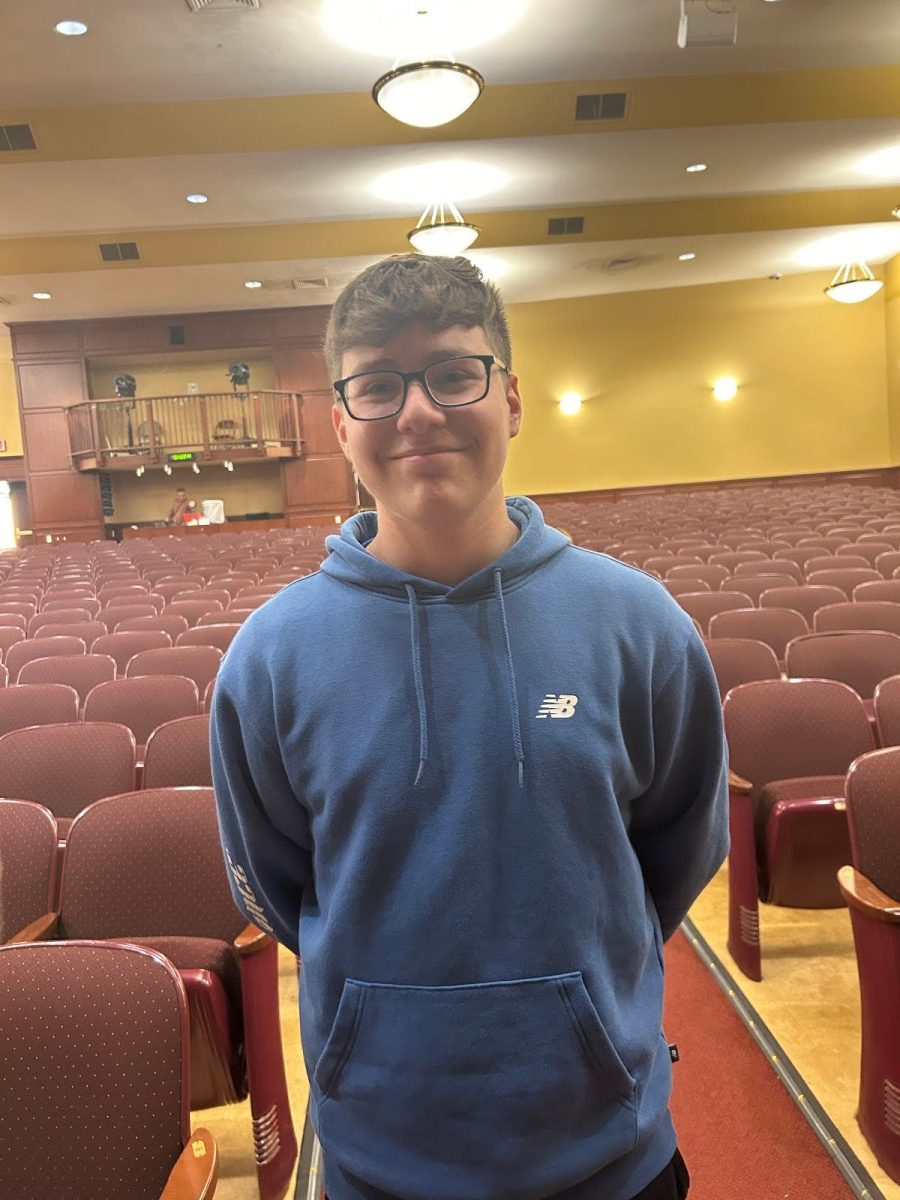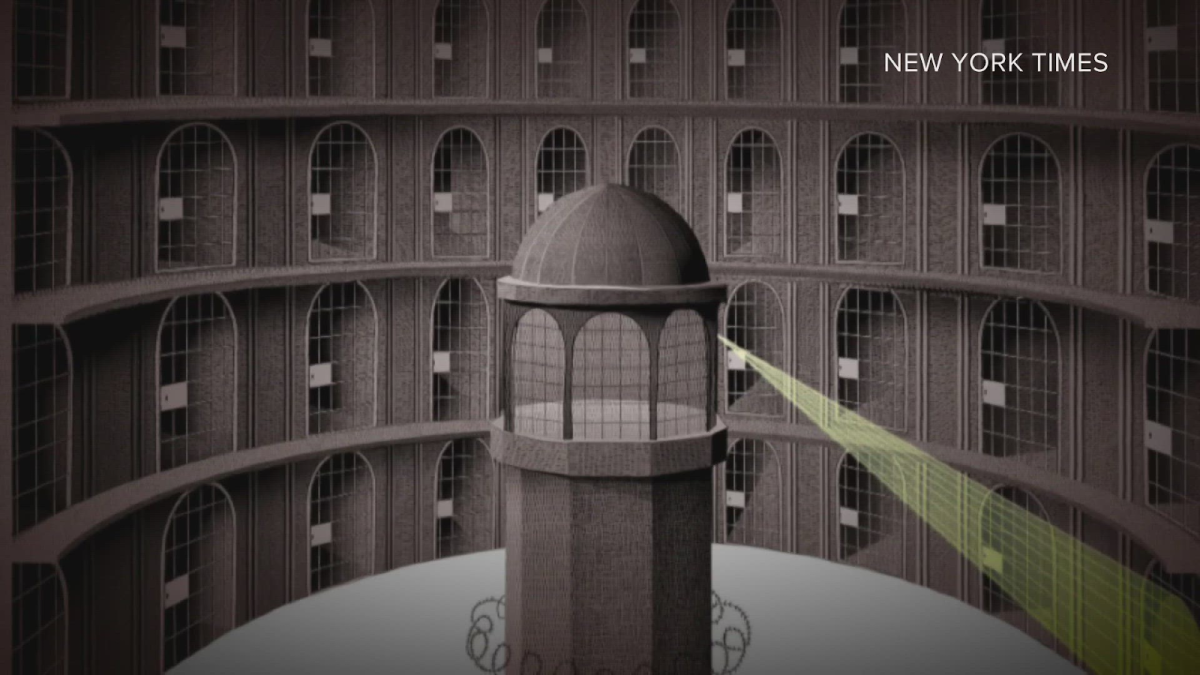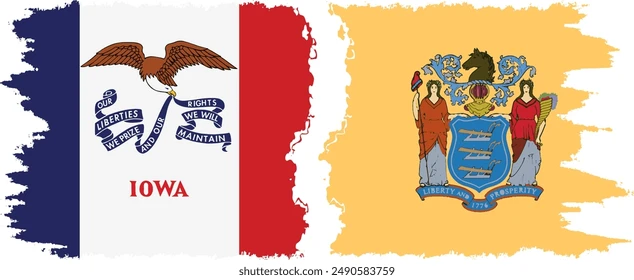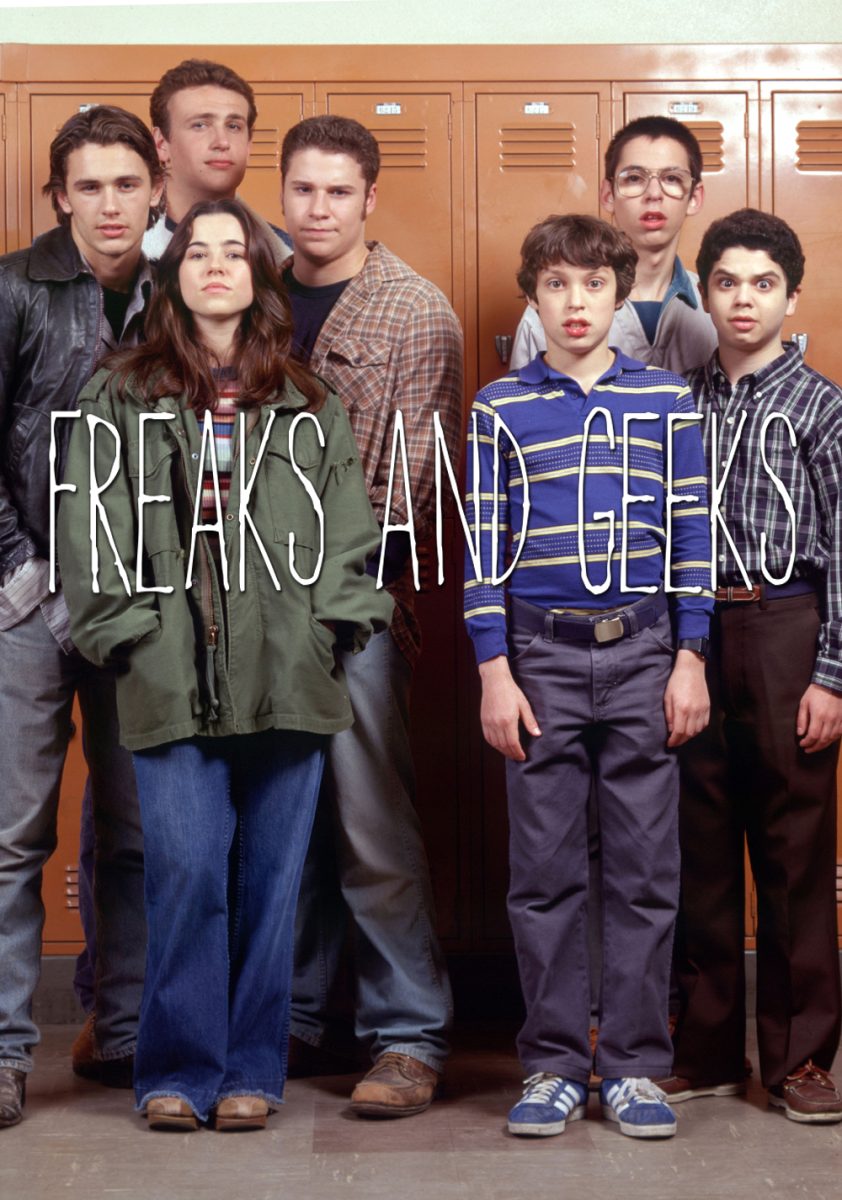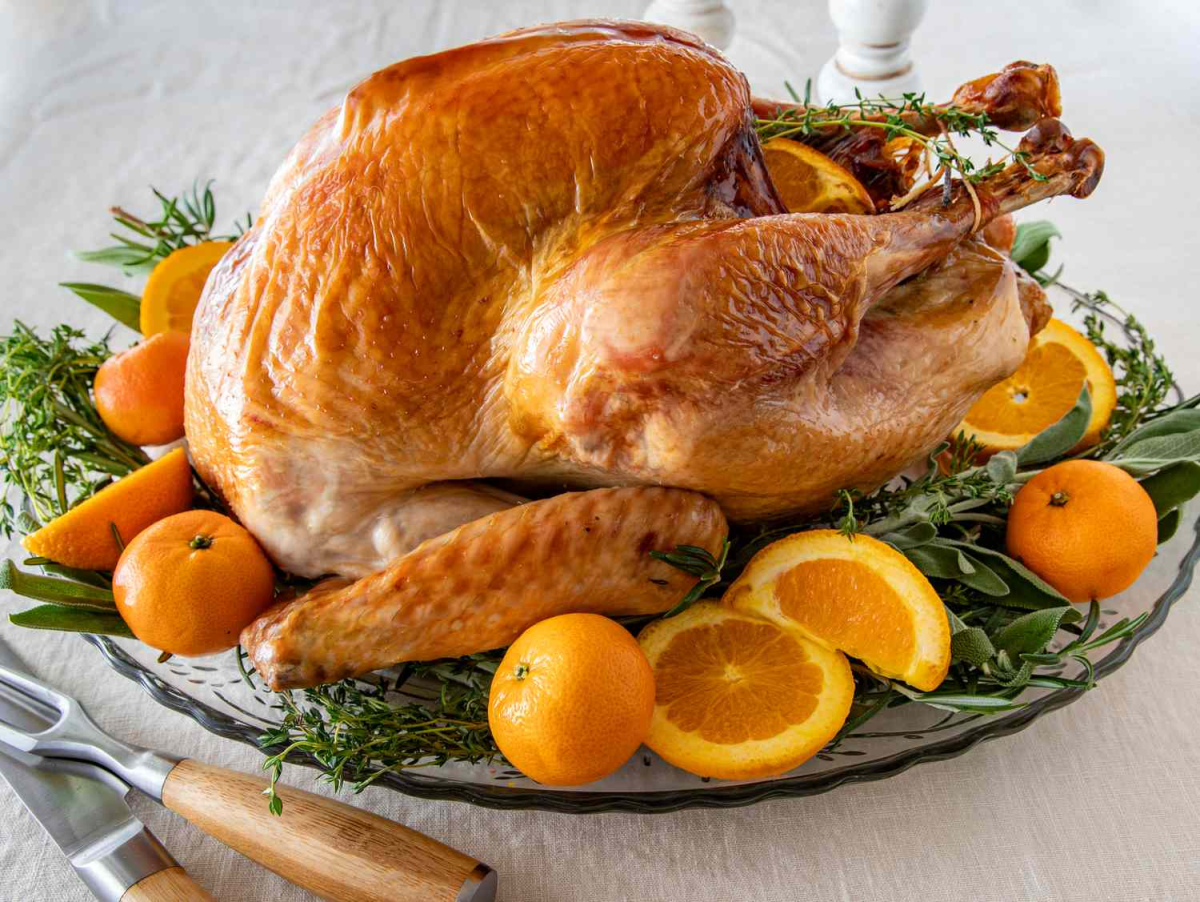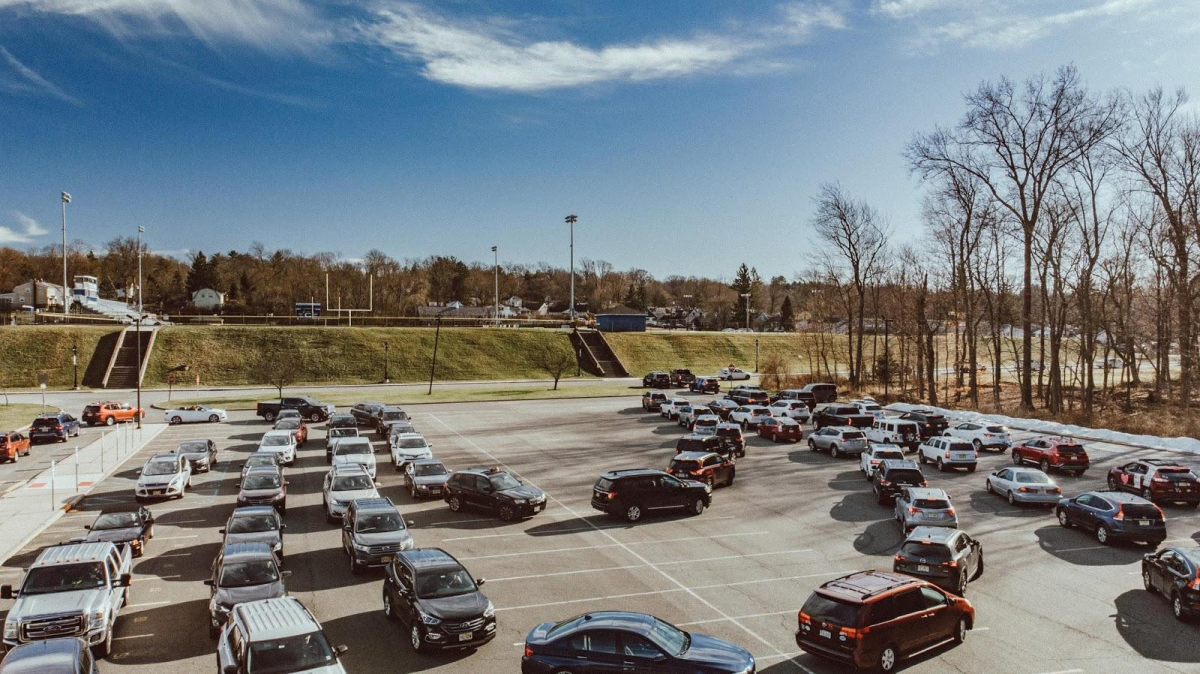I have come to realize that Muslim women, especially the ones that wear hijabs, never seem to be represented accurately in American television shows or movies. This hit me when I was scrolling through my Twitter and saw a link to an ad for a movie called “Hala” that featured a woman wearing a hijab on the cover. I was so excited, finally some representation! I thought. I clicked on the link and should have realized that I had set my hopes a little too high. Instead of seeing an American girl who wore the hijab, just like me, I saw a trailer of a girl hoping to escape the “oppression” of her immigrant parents that appear to be forcing religion on her. My heart shattered, and I knew that this would not be a movie that I would relate to.
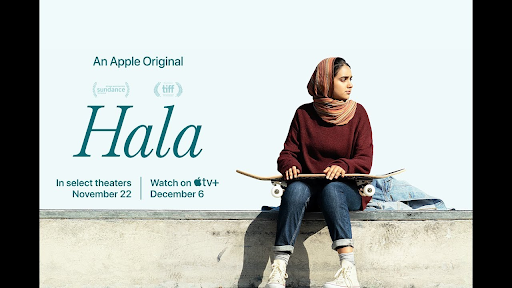
This common theme of a Muslim girl who wears a hijab and hates it because her parents forced her to wear it is getting quite old. It sets the impression that all women who wear hijabs do not actually want to wear it but rather are conforming to their parents’ strict rules. Now, this may be the case for some people, but for the majority of Muslim girls who live in the United States? Not so much.
I obviously cannot represent all Muslim girls that live in US, but there is no way that all of us are being forced to wear a hijab in a nation that preaches independence, free speech, and freedom of religion. Personally, I was not forced to wear a hijab and decided
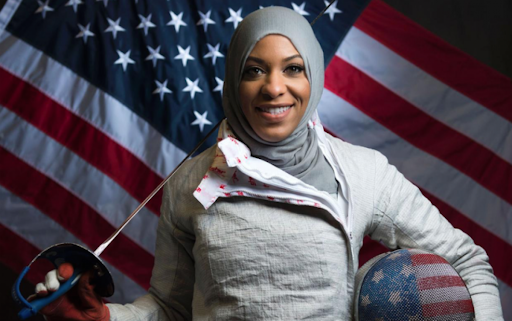
to do so at a very young age, because I wanted to. In fact, my parents tried to convince me to not wear it because I was only 11 years old when I made the decision, and they felt I was too young. And, contrary to the notion of being forced, many women in my own family don’t wear a hijab because they choose not to. There are also some prominent Muslim women, such as Nobel Peace Prize Winner Malala Yousafzai or Olympian Ibtihaj Muhammad, who wear the hijab and prove that it doesn’t mean that they are oppressed.
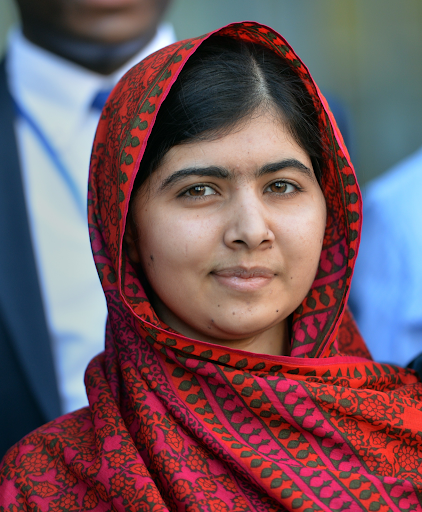
Why does this matter to the average person, probably one who doesn’t wear the hijab? Well, the problem is that one story is being shown to everyone, and it is the same story, but with a different girl each time. For people who may not personally know a Muslim girl who wears the hijab based on her own choice, they will begin to believe that all Muslim girls are oppressed. This can lead to hatred towards girls who wear hijabs and leave Muslim girls with a feeling that their personal beliefs are considered to be wrong in American society. This is detrimental, because it leads to a cycle of misunderstanding and lack of acceptance towards different religions and cultures. Especially in a world where prejudice is still rampant, there needs to be a change on how different types of people are viewed. I hope that one day I will be able to see myself represented accurately on a TV show or a movie, not only to feel accepted by society, but so that there is a new Muslim girl narrative being shown to the world that celebrates the beauty of our differences.

